A pair of men try to perform the dangerous “triple” in their trapeze act. Problems arise when the duo is made into a trio following the addition of a sexy […]
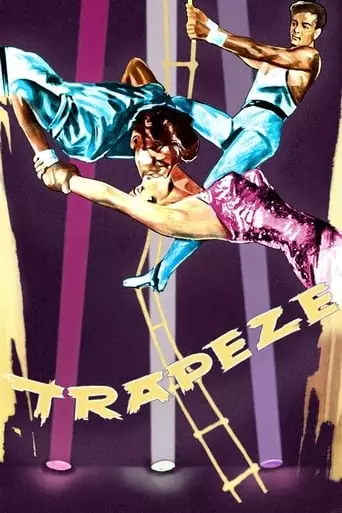
A pair of men try to perform the dangerous “triple” in their trapeze act. Problems arise when the duo is made into a trio following the addition of a sexy […]
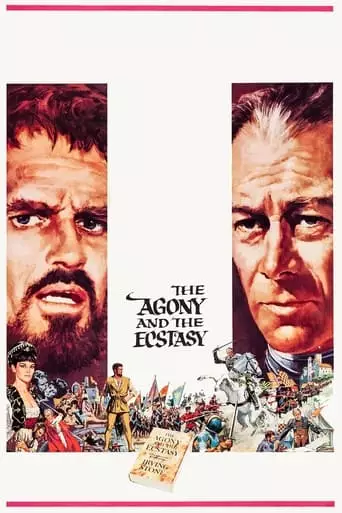
During the Italian Renaissance, Pope Julius II contracts the influential artist Michelangelo to sculpt 40 statues for his tomb. When the pope changes his mind and asks the sculptor to […]
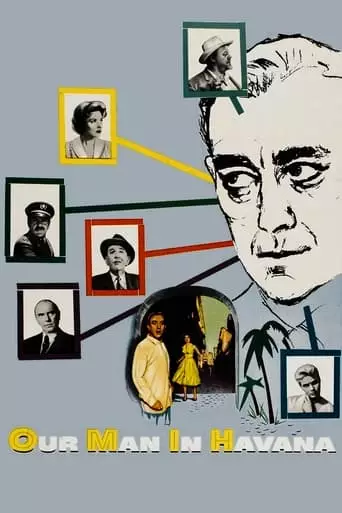
Expatriate Englishman Jim Wormold lives in pre-revolutionary Havana with his teenage daughter. Owning a poorly-performing business, he accepts an offer from the British Secret Service to recruit a network of […]
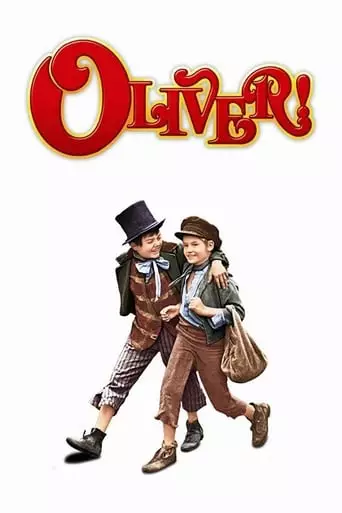
Musical adaptation of Charles Dickens’ Oliver Twist, a classic tale of an orphan who runs away from the workhouse and joins up with a group of boys headed by the […]
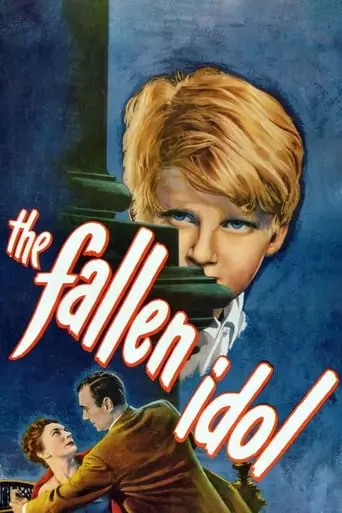
Phillipe, the son of an ambassador in London, idolizes Baines, his father’s butler, a kind of hero in the eyes of the child, whose perception changes when he accidentally discovers […]
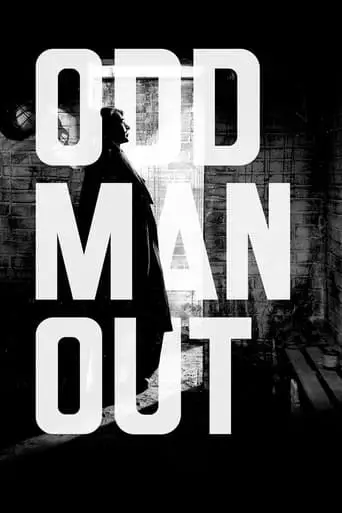
Belfast police conduct a door-to-door manhunt for an IRA gunman wounded in a daring robbery.
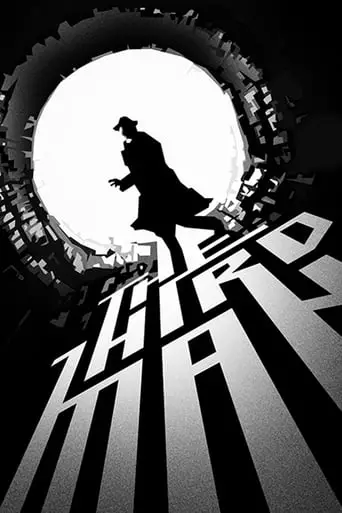
In postwar Vienna, Austria, Holly Martins, a writer of pulp Westerns, arrives penniless as a guest of his childhood chum Harry Lime, only to learn he has died. Martins develops […]
Carol Reed: The Master of British Cinema’s Golden Era
Carol Reed was a trailblazing director whose career exemplified the sophistication and artistry of mid-20th-century British cinema. Known for his meticulous craftsmanship, innovative visual style, and deep understanding of character, Reed directed some of the most celebrated films of his time, including The Third Man (1949), Odd Man Out (1947), and Oliver! (1968). His work seamlessly blended gripping storytelling with atmospheric settings, making him one of Britain’s most influential filmmakers.
Early Life and Career
Carol Reed was born on December 30, 1906, in Putney, London. The illegitimate son of actor-manager Sir Herbert Beerbohm Tree, Reed inherited a theatrical sensibility that would later inform his cinematic vision. After attending public school and briefly working as an actor, Reed transitioned into film as a dialogue coach and assistant director in the early 1930s.
He made his directorial debut with Midshipman Easy (1935), a nautical adventure. Though it was a modest beginning, Reed quickly established himself as a promising director with a keen eye for detail and an intuitive sense of storytelling.
A Distinctive Style
Reed’s films are characterized by their visual inventiveness, emotional depth, and moral complexity. Key elements of his style include:
Expressionistic Visuals: Influenced by German Expressionism, Reed used stark contrasts, unusual camera angles, and dynamic lighting to create tension and mood.
Urban Landscapes: Many of Reed’s films are set in richly atmospheric urban environments, which become integral to the narrative.
Focus on Moral Ambiguity: Reed often explored themes of betrayal, loyalty, and personal ethics, placing his characters in morally ambiguous situations.
Collaborative Spirit: Reed was known for his ability to work closely with writers, cinematographers, and actors to elevate his films.
Career Highlights
Odd Man Out (1947)
Set in Belfast, this gripping noir follows a wounded IRA leader, played by James Mason, as he evades capture. The film’s haunting visuals and philosophical underpinnings earned widespread acclaim, cementing Reed’s reputation as a director capable of blending suspense with profound human drama.
The Fallen Idol (1948)
Based on a story by Graham Greene, this psychological thriller examines the relationship between a young boy and a butler implicated in a murder. The film’s suspenseful narrative and exploration of innocence and deception showcased Reed’s ability to handle complex emotional material.
The Third Man (1949)
Widely regarded as Reed’s masterpiece, The Third Man is a noir classic set in post-war Vienna. Written by Graham Greene and starring Orson Welles and Joseph Cotten, the film is renowned for its striking cinematography, evocative zither score, and iconic “cuckoo clock” speech delivered by Welles.
Reed’s innovative use of tilted camera angles and shadowy compositions created a sense of unease that mirrored the moral ambiguity of its characters. The film won the Grand Prix at the Cannes Film Festival and remains a cornerstone of cinema history.
Oliver! (1968)
Reed demonstrated his versatility by directing this exuberant adaptation of Charles Dickens’ Oliver Twist. The musical earned widespread acclaim and won six Academy Awards, including Best Director for Reed—making him the first British director to receive the honor.
Challenges and Late Career
Despite his early successes, Reed’s later career was marked by uneven reception to his films. Projects such as The Running Man (1963) and Follow Me! (1972) failed to achieve the critical or commercial heights of his earlier work. Nonetheless, Reed’s artistic integrity and commitment to storytelling remained evident in all his films.
Legacy
Carol Reed’s influence on cinema is immeasurable. He was a pioneer of the British film industry, helping to elevate its reputation on the international stage. His ability to fuse technical innovation with humanist storytelling paved the way for future filmmakers.
Reed’s collaborations with Graham Greene, his ability to elicit nuanced performances, and his mastery of tone and atmosphere have inspired generations of directors, from Alfred Hitchcock to modern auteurs like Christopher Nolan.
Conclusion
Carol Reed was a filmmaker whose work exemplified the golden age of British cinema. With a career that spanned more than four decades, Reed crafted films that remain timeless in their visual beauty and emotional resonance.
Through his artistry, Reed demonstrated the transformative power of cinema—creating worlds where shadows spoke volumes, cities pulsed with tension, and human dilemmas unfolded with captivating poignancy. His legacy endures as a testament to the brilliance of a true master of the craft.